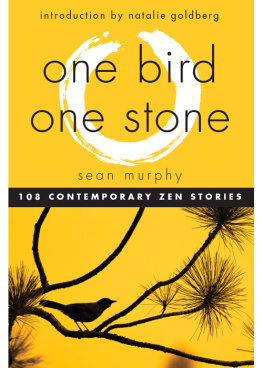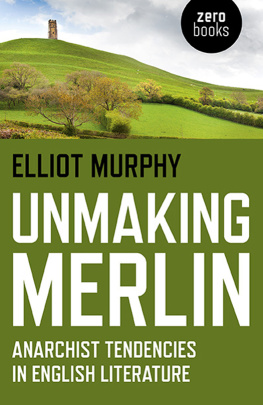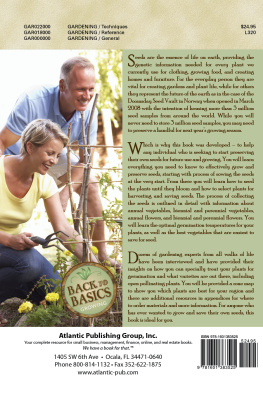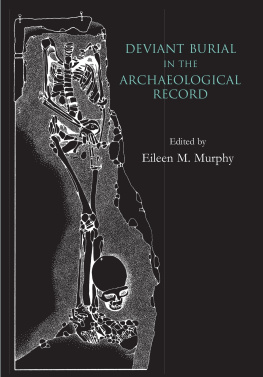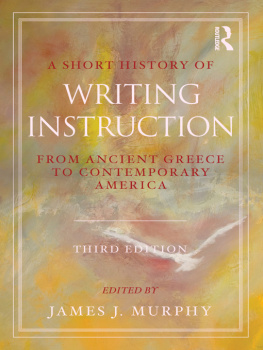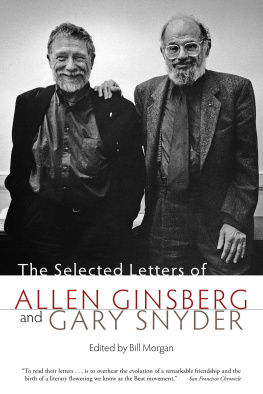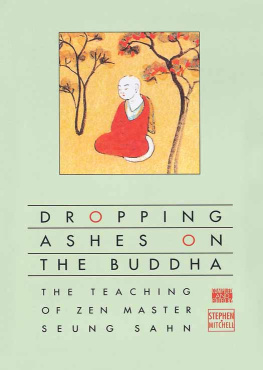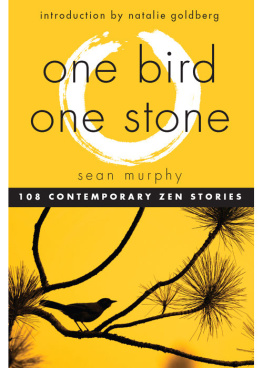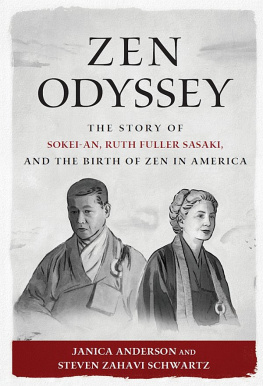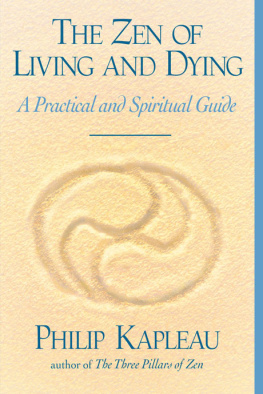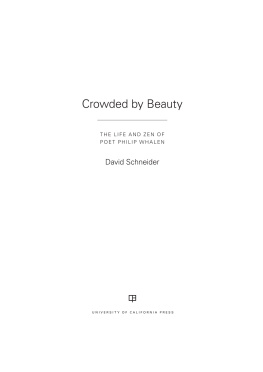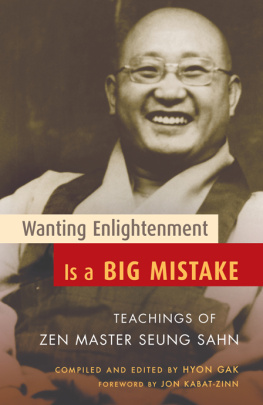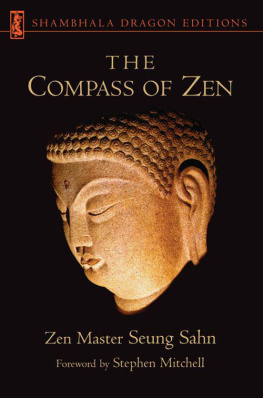Praise for One Bird, One Stone
Sean Murphy's eloquent book is thought-provoking and lovely. This collection of 108 new teaching stories in the American Zen Buddhist tradition is a poetic account of the transplanting of Zen Buddhism to this new Western soil and some of the various ways it has taken root here in the lives of a wide spectrum of teachers and practitioners.
Sharon Salzberg, Author and Co-Founder of The Insight Meditation Center
Anyone looking for insightful quotes, humor, Zen wisdom, or even just a good story will find something in these bite-sized anecdotes.
Tricycle Magazine
The book gives you a profound glimpse into the well of the Zen mind.
Santa Fe New Mexican
Intelligent, funny, wise and, best of all, speaks to the heart.
Rafe Martin, Zen Bow
A genuine Zen classic.
Brian Bruya, Amazon Reviews
Highly recommended.
Peter Haskel, Zen Notes
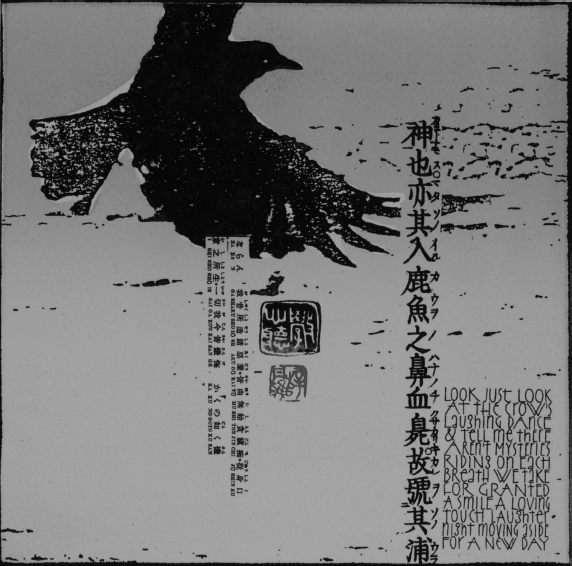
Art by Diana Stetson
Poetry by Streams Kakudo Peterka

Copyright 2002, 2013 by Sean Murphy
All rights reserved. No part of this publication may be reproduced or transmitted in any form or by any means, electronic or mechanical, including photocopying, recording, or by any information storage and retrieval system, without permission in writing from Hampton Roads Publishing, Inc. Reviewers may quote brief passages. Originally published in 2002 by St. Martin's Press, ISBN: 1-58063-221-1
Cover design by Jim Warner
Interior designed by Frame25 Productions
All illustrations Keith Abbott unless otherwise noted.
Hampton Roads Publishing Company, Inc.
Charlottesville, VA 22906
Distributed by Red Wheel/Weiser, LLC
www.redwheelweiser.com
Sign up for our newsletter and special offers by going to
www.redwheelweiser.com/newsletter.
Library of Congress Cataloging-in-Publication Data
Murphy, Sean.
One bird, one stone : 108 American Zen stories / Sean Murphy. -- [Second edition].
pages cm
Summary: Drawn from the archives of major Zen centers in America and interviews with some of the most seminal figures of American Zen, including Philip Kapleau, Bernie Glassman, Robert Aitken, Gary Snyder, Alan Watts, and Walter Nowick, Murphy presents moments of insight and wisdom, quotable quotes, and the humor of Zen as it has flowered in America over the last hundred years--Provided by publisher.
ISBN 978-1-57174-697-9 (pbk.)
1. Zen Buddhism--United States. 2. Zen Buddhists--United States--Anecdotes. 3. Zen Buddhists--United States--Quotations. I. Title.
BQ9262.9.U6M87 2013
294.3'4432--dc23
2013000287
Nyogen Senzaki poem Parting, reprinted from Like a Dream, Like a Fantasy: The Zen Writings of Nyogen Senzaki, edited and with an introduction by Eido Shimano Roshi. Japan Publications, Inc., 1978. Reprinted with permission from Eido Roshi.
Material from First Zen Institute archives and Zen Notes reprinted with permission, copyright First Zen Institute of America.
Jack Kerouac letter excerpts reprinted by permission of SLL/Sterling Lord Literistic, Inc. Copyright by John Sampas, Literary Representative of the Estate of Jack Kerouac.
Allen Ginsberg letter excerpt reprinted with permission from Allen Ginsberg Trust.
Printed on acid-free paper in the United States of America
TS
10 9 8 7 6 5 4 3 2 1
www.redwheelweiser.com
www.redwheelweiser.com/newsletter
Dedicated to the many teachers who have carried the Zen teachings to the West; to Daido Roshi; and to all sentient beings.
Shunryu Suzuki Roshi once told a group of American Zen students: You have a saying, to kill two birds with one stone. But our way is to kill just one bird with one stone.
CONTENTS
ACKNOWLEDGMENTS
This book has been very much a collaborative effort. I would like to extend my particular thanks to the nearly one hundred interviewees and contributors to the collection, most of whom the reader may find acknowledged individually in the text and in the Endnotes. Their patience and generosity in meeting and sharing so openly with me was truly extraordinary. Of these, I would especially like to thank Roshi Philip Kapleau, Walter Nowick, Robert Aitken Roshi, Kobun Chino Roshi, Bernie Glassman, Mel Weitsman, Blanche Hartman, Gerry Shishin Wick, Steve Allen, Michael Wenger, Jitsudo Ancheta, Mitra Bishop, Anne Waldman and Andrew Schelling of Naropa University, and Michael Hotz and Peter Haskel of The First Zen Institute of America. Great gratitude goes also to Maezumi Roshi for being my first teacher, and providing me with such an impeccable introduction to the dharma.
The present form of this book owes much to the influence of John Daido Loori Roshi, and in particular, to my editor at Renaissance Books, Joe McNeely, both of whom pushed me (sometimes against my considerable resistance!) to add extensive background information and personal accounts into what I'd originally conceived of as a simple assembly of Zen anecdotes. The book is much the better for their efforts. I would also like to thank my agent, Peter Rubie, for seeing the potential of the project and for placing the book so skillfully, and my editor at St. Martin's Press, Marie Estrada, for her clear vision and for picking up the project with such enthusiasm.
In addition I would like to express my deepest appreciation to my wife, Tania, whose editorial assistance in multiple close readings of the text was invaluable and whose patience throughout the duration of this project was inexhaustible, and to my parents, Harold and Ruth Garner, whose unflinching faith and support through my years of spiritual exploration has gone far beyond the call of duty. And, of course, to Natalie Goldberg, for her unrelenting encouragement, and for sharing so deeply of herself, her experiences, and her many friends and contacts in the dharma.
I would also like to extend my sincere gratitude and acknowledgments to the many people at Zen Mountain Monastery who helped in the process of writing this book: to Geoffrey Shugen Arnold, and the ZMM and Dharma Communications staff and residents, for facilitating my multiple visits and allowing me to pursue my writing and research as an aspect of my practice, as well as for giving me free access to the library, media archives, and themselves. To Konrad Ryushin Marchaj, Ron Hogen Green, and Joy Jimon Hintz, who read and commented on the project at various stages of its development and provided valuable guidance and clarification; to Hogen (again) and Cindy Eiho Green, as well as to Rafe Martin, for their great generosity in arranging my meeting with Roshi Kapleau, and to Stephen Leff for contributing greatly of his time and energy in helping to arrange my meeting with Walter Nowick. To Bonnie Myotai Treace, Jody Hojin Kimmel, Yukon Grody, Pat Jikyo George, Lisa Kyojo Smith, Diane Kosei Hartel, Sybil Seisui Rosen, Chris Trevelyan, Kay Senyu Larson, and anyone else I've inadvertently overlooked, for their support, information, and encouragement, and for pointing me in various right and helpful directions.
To Miss Christy Bright, Setman Walker, Cliff Clusin, and Madeleine, Moira, Mark, and Kristen Murphy, and Mirabai and Jenny Starr for providing essential assistance with shelter and accommodations; to George Cane, Clark Strand, Peter Matthiessen, Jean Smith, Sandy Boucher, and David Chadwick, for various aspects of writerly advice; to Arthur Morey, for formatting the final manuscript; to Diana Stetson, Keith Abbott, and Lisa Levine, for providing artwork; to Lynn Beheler, for assisting with transcriptions and proofreading; to Michael Sierchio, for permitting use of his Den Chun stories despite my clumsiness in asking; to Marcia Rose, Steven Smith, Colin Egan, Paul Sowanick, Angelique Farrow, Kensho Miyamae, Diane Chase, Michele Huff, Jean Leyshon, Lou Hawthorne, Anne Cushman, Peter Gregory, Joe Kinczel, Steve Kishin Shupe, Katharine Kaufman, and Paul Gyodo Agostinelli for numerous valuable forms of assistance.

